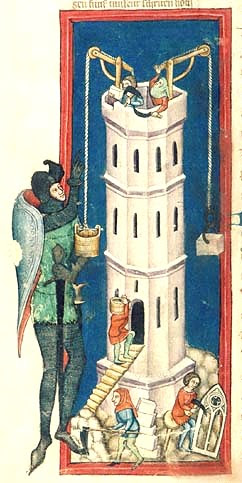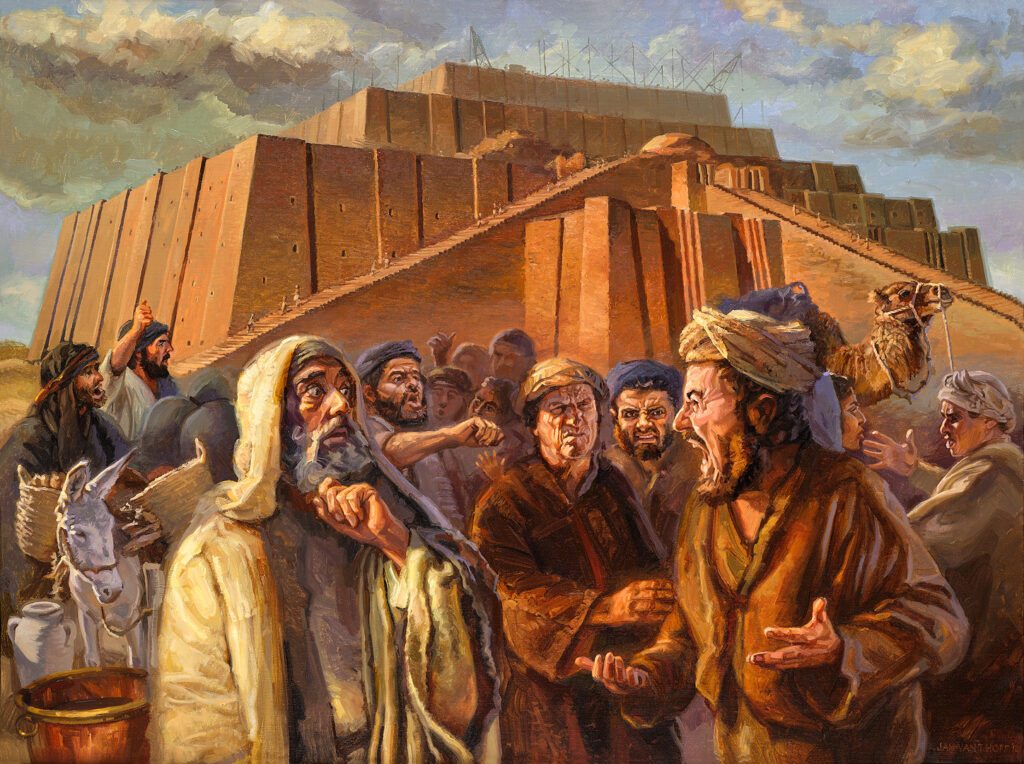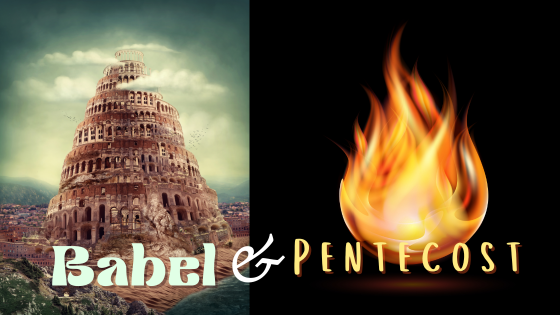Was God threatened at Babel? A fresh look at Genesis 11 and Acts 2 reveals a loving God who doesn’t act from insecurity—but from wise, redemptive intervention.
🧱 When God Breaks What We’re Building
Let’s be honest. Genesis 11 is a strange story.
The people are unified, industrious, and ambitious. They’re not fighting wars or worshiping golden calves. They’re building a city—stable, secure—and a tower to reach the heavens. Some might even say they’re reaching for God.
Then God steps in, confuses their language, and scatters them.
Why?
To some, it looks like an insecure reaction. A “mean kid knocking down an anthill.” Why would a loving God disrupt human progress and unity?
The answer lies not in God’s fear—but in His wisdom, mercy, and the long game He’s playing with the world.
🌍 Babel: Unity Without Humility

Here’s what the people say in Genesis 11:
- “Let us make bricks…”
- “Let us build ourselves a city…”
- “Let us make a name for ourselves…”
There’s no mention of God. No prayer. No gratitude. No partnership.
It’s not about heaven—it’s about control, self-exaltation, and autonomy.
They weren’t building a temple of worship.
They were building a monument to themselves.
It’s Eden all over again. The same desire to live without God while still enjoying the gifts from God. So God steps in—not to punish them out of spite, but to protect them from where that path leads.
🙅 God’s Intervention Isn’t Insecurity
The line that often throws people is this:
“Nothing that they propose to do will now be impossible for them…”
It can sound like fear—but read it like a parent who sees their child sprinting toward a cliff. God isn’t worried they’ll outgrow Him. He’s concerned that their ambition is outpacing their wisdom, and they’re not ready.
He’s not threatened by human greatness—He authored it.
But when greatness gets untethered from goodness, when our towers become monuments to self—a loving God disrupts. Not because He’s afraid of what we’ll become, but because He knows we’re becoming something we were never meant to be.
🌪️ Scattering as Rescue, Not Punishment

Here’s the twist: God doesn’t destroy their tower.
He doesn’t rain down fire or unleash plagues.
He simply confuses their language.
It’s a minimal, even merciful intervention. And the effect is brilliant:
- They stop building the idol of self-sufficiency.
- They begin fulfilling God’s original command: “fill the earth and multiply.”
In other words, God redirects them to their original purpose.
It’s not destruction—it’s correction.
🔥 Pentecost: The Long Game Revealed
If Babel was the fork in the road, Acts 2 is where the paths rejoin.
At Pentecost, people from every nation hear the gospel in their own languages.
Not one language for all—but all languages for one message.
And the message isn’t “Let us make a name for ourselves”—it’s “Jesus is Lord.”
Where Babel brought confusion, Pentecost brings clarity.
Where Babel scattered, Pentecost gathers.
Where Babel exalted human effort, Pentecost celebrates divine grace.
God didn’t knock down the tower to keep us small—He scattered us to prepare us for unity rooted in love, not pride.
💬 What This Says About God
The story of Babel isn’t about an insecure God.
It’s about a loving Father who:
- Sees the danger in our self-made ambitions.
- Interrupts us before we can destroy ourselves.
- Waits patiently to bring us back together—on His terms, not ours.
“A God who steps in when we’re building idols is not insecure—He’s invested. He’d rather break our tower than watch us fall from it.”

